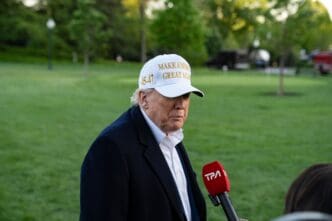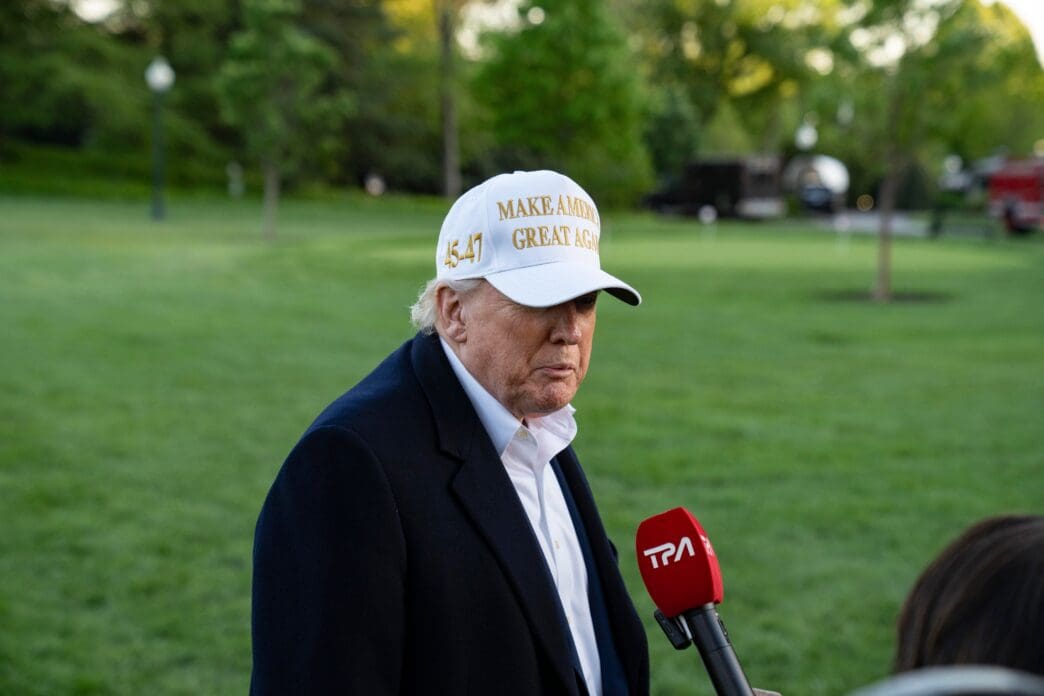Executive Summary
- Tensions between the US and Venezuela have escalated significantly, with both President Donald Trump and President Nicolás Maduro overseeing military buildups and actions in the Caribbean region.
- The Trump administration’s intensified pressure campaign, including B-52 bomber flights and covert CIA actions, is aimed at ousting Maduro, justified by linking him to drug traffickers and terror groups, a stance that has raised internal legal concerns.
- President Maduro has responded by mobilizing national militias and regular troops, and implementing an “external commotion” decree, while Venezuelan civilians experience heightened anxiety and fear of a potential US attack.
The Story So Far
- The escalating tensions between the United States and Venezuela stem from the Trump administration’s long-standing objective to remove President Nicolás Maduro from power, a goal pursued since Trump’s first term. This campaign has intensified with the US justifying military pressure and covert actions in the Caribbean by linking Maduro’s government to drug traffickers and cartels. In response, Maduro’s government views these actions as foreign intervention and has mobilized its national forces, citing constitutional defense measures against perceived military aggression.
Why This Matters
- The escalating military buildups and rhetoric from both the United States under President Trump and Venezuela under Nicolás Maduro significantly heighten the risk of armed conflict in the Caribbean, raising legal and ethical concerns within the US military regarding due process in targeting alleged traffickers, while simultaneously leading to increased anxiety and further restrictions on civil liberties for Venezuelan civilians.
Who Thinks What?
- President Trump and the US administration are escalating military pressure, including B-52 bomber flights and authorized covert CIA actions, with the goal of ousting President Maduro and combating alleged drug trafficking by designating them as terror groups.
- President Maduro and the Venezuelan government view US military presence and actions as foreign intervention and aggression, responding by mobilizing national militias and repositioning troops for defense, while denouncing the US activity.
- Some US military lawyers within the Pentagon have raised concerns about the legality of US military strikes on alleged drug boats, specifically questioning the justification of treating suspected traffickers as enemy combatants who can be targeted without due process.
Tensions between the United States and Venezuela have escalated significantly, with both President Donald Trump and Venezuelan President Nicolás Maduro overseeing military buildups in the Caribbean region. The standoff, which intensified in mid-October 2025, involves US military exercises, including B-52 bomber flights off the Venezuelan coast and authorized covert CIA actions, while Maduro has mobilized national militias and repositioned troops in response.
US Military Posturing and Covert Operations
The Trump administration has been actively building up its forces in the Caribbean, with US military warships and weaponry moved into the region in recent weeks. On October 15, 2025, B-52 bombers flew off the Venezuelan coast, at one point coming within 53 miles of La Orchila Island, where Venezuelan forces had conducted drills the previous month. President Trump publicly acknowledged authorizing the CIA to conduct covert actions in Venezuela and stated that the United States was considering strikes on Venezuelan territory to gain control of the land, following successful sea operations.
These actions are part of an intensified US pressure campaign, privately acknowledged by administration officials to be aimed at ousting Maduro, a goal pursued since Trump’s first term. The US military has also targeted boats off the Venezuelan coast, alleging they are transporting drugs, with at least six such strikes carried out to date.
Venezuela’s Defensive Response
In response to the US military presence and rhetoric, President Maduro has mobilized what he claims are “millions” of militia members and repositioned regular troops. He has called for new military exercises by the Bolivarian National Armed Forces, which comprise approximately 123,000 members. As of October 17, 20 out of 23 Venezuelan states were militarized as part of these mobilizations, dubbed “Independence 200.”
Maduro has vehemently denounced US activity in the region and specifically criticized the CIA’s historical record of regime change. He also signed a decree of “external commotion” at the end of September, which he described as a constitutional defense tool against military aggression, granting him broad powers to restrict constitutional guarantees.
Legal Justifications and Internal Concerns
The Trump administration has laid the groundwork for potential military action by linking President Maduro to drug traffickers and cartels, designating them as terror groups posing a threat to the US. A classified Justice Department opinion reportedly justifies these military strikes on alleged drug boats, treating suspected traffickers as enemy combatants who can be targeted without due process. This opinion has raised concerns among some military lawyers within the Pentagon regarding the legality of such lethal strikes.
Tensions over the aggressive stance reportedly led to the retirement of Admiral Alvin Holsey, who oversaw US Southern Command, just one year into his tenure. Sources indicated that Defense Secretary Pete Hegseth believed Holsey was not acting quickly enough against drug traffickers, while SOUTHCOM had concerns about the lawfulness of the operations. The detention of two survivors from a US military strike on an alleged drug boat has also introduced new legal complexities.
Impact on Venezuelan Civilians
Despite the looming possibility of armed conflict, daily life in Venezuela has largely continued. However, the presence of US warships in the Caribbean Sea has fueled widespread anxiety among the population. Many Venezuelans express fear about a potential US attack, leading some to stock up on food and experience restless nights.
Amidst the fear, there have been cautious displays of support for US pressure on Maduro, with banners appearing on university campuses calling for “freedom.” Meanwhile, Maduro’s government has further cracked down on civil liberties through measures like the “external commotion” decree.
Ongoing Standoff
The escalating military posturing and rhetoric from both the United States and Venezuela indicate a deepening standoff in the Caribbean. The Trump administration continues its pressure campaign, explicitly linking its actions to combating drug trafficking while aiming to compel a change in leadership in Caracas. President Maduro, in turn, maintains a defiant stance, mobilizing his forces and denouncing what he perceives as foreign intervention, leaving the region on edge.








